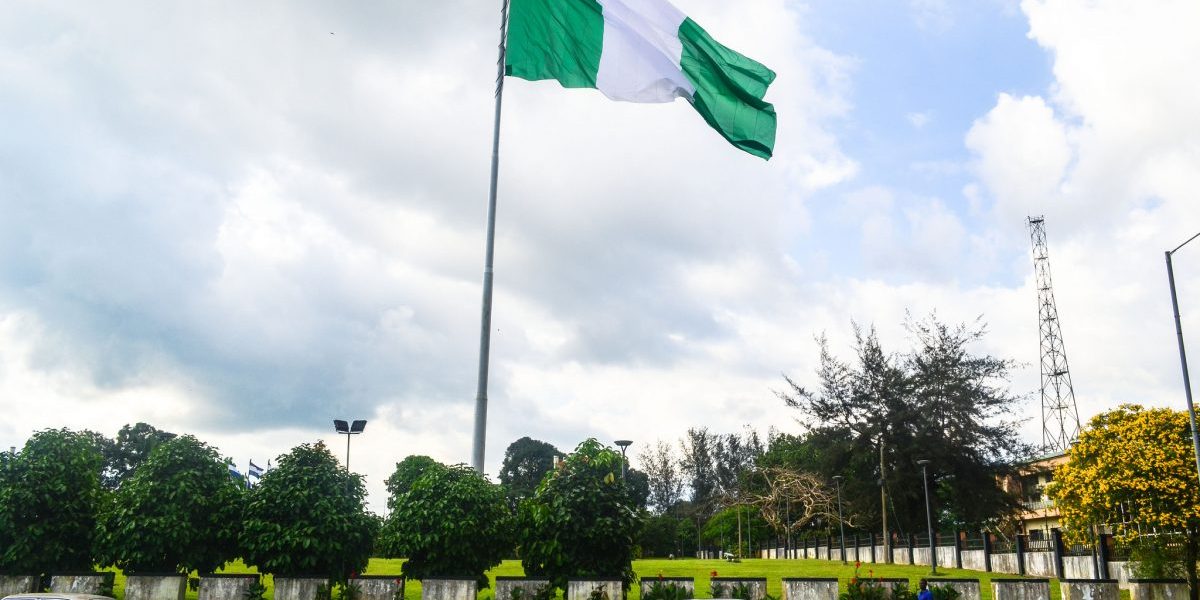They will be tempted to celebrate success but need to ask some vital questions, particularly about the African Peer Review Mechanism that was created by Nepad.
Overall, APRM is arguably the most innovative and influential aspect of Nepad and it has great potential to revitalise African politics and development. But it is facing some crucial choices that threaten to damage its credibility unless addressed candidly.
At a September 2006 conference to learn lessons from early reviews held by the South African Institute of International Affairs (SAIIA), participants agreed that the process requires many reforms. Although governments must involve and consult civil society, the current rules don’t really say how. The system is supposed to build trust but instead feeds disputes.
The questionnaire that guides country responses is too long and complex yet downplays critical subjects like freedom of the press, chieftaincy and land reform. It also includes substantial overlap between sections, which makes it difficult to compete.
The methodologies for compiling credible and objective self-assessment reports need to be standardised, to include desk research, interviews with experts, scientific opinion surveys and focus group discussions. And, most importantly, there must be consistency in the advice given to different countries by the Panel of Eminent Persons and the APRM Secretariat (which often differs from written guidelines), especially on issues such as who should sit on and lead governing councils.
When asked about who should chair an APRM national governing council for a SAIIA training video, Ambassador Bethuel Kiplagat, then head of the APR Panel said, ‘the leadership … should come from the civil society or the corporate sector and not from the government because we don’t want to see this as a government project. The government cannot be driving a programme for which [it] itself is being evaluated.’
Yet in South Africa, a cabinet minister chaired the governing council, drove the APRM process and ran the local administrative secretariat from her offices, setting a precedent which is apparently now being encouraged in upcoming countries such as Tanzania.
Having a minister at the helm can seriously undermine the independence of the governing council and the credibility of the national APRM exercise. There is a natural tendency for government to want to dominate the data gathering and analysis phases, to suppress or obscure scars and warts, and a fear that any unflattering results will be used to unfairly attack or embarrass them. Indeed, after the South African report was publicly validated, it was heavily rewritten, stripping out or significantly watering down contentious issues.
For example, the validated version included two pages on the need for regulation of private funding to political parties and noted that South African law is contrary to both the UN and AU codes on corruption. This discussion was reduced to just eight words: “Other submissions raised concerns about political-party funding.”
Similar reductions were made to other sections on problems with protecting whistleblowers, lack of restraints preventing public officials joining firms they were responsible for regulating, weak procurement practices, poorly policed conflicts of interest, problems with local government and media freedoms.
Yet there has been no censure about these actions that appear to undermine the spirit of peer review from the Secretariat, the Panel or the Forum. On the contrary, the Panel member responsible lauded South Africa’s APR as a model process even before beginning the country review. Are these institutions unaware of what went on in South Africa, or wilfully ignoring uncomfortable facts? Or is there fear in criticising one of Africa’s shining stars?
In South Africa, even though CSOs comprised two-thirds of council, they struggled to consistently attend meetings and review drafts, given that they had organisations to run. While placing civil society organisations on APRM governing councils may ensure symbolic representation, non-governmental role-players lack information and resources, and continuously play catch-up with governments that control the review’s timing, scope and purse strings.
Conference participants strongly felt that there was a lack of communication, firm leadership and interest from continental APRM institutions. One said “We’ve been told that APRM is the best baby of Nepad. But we’re not very happy with how the baby is being treated.”
It’s time for the Forum to listen to the baby’s cries. They must set firm rules, to uphold the integrity and credibility of this flagship innovation.
They should insist on robust research, objective public opinion surveys and independent, civil-society led governing councils. If they choose to take leaves from South Africa’s book, future peer review reports won’t be worth the paper they’re written on.








